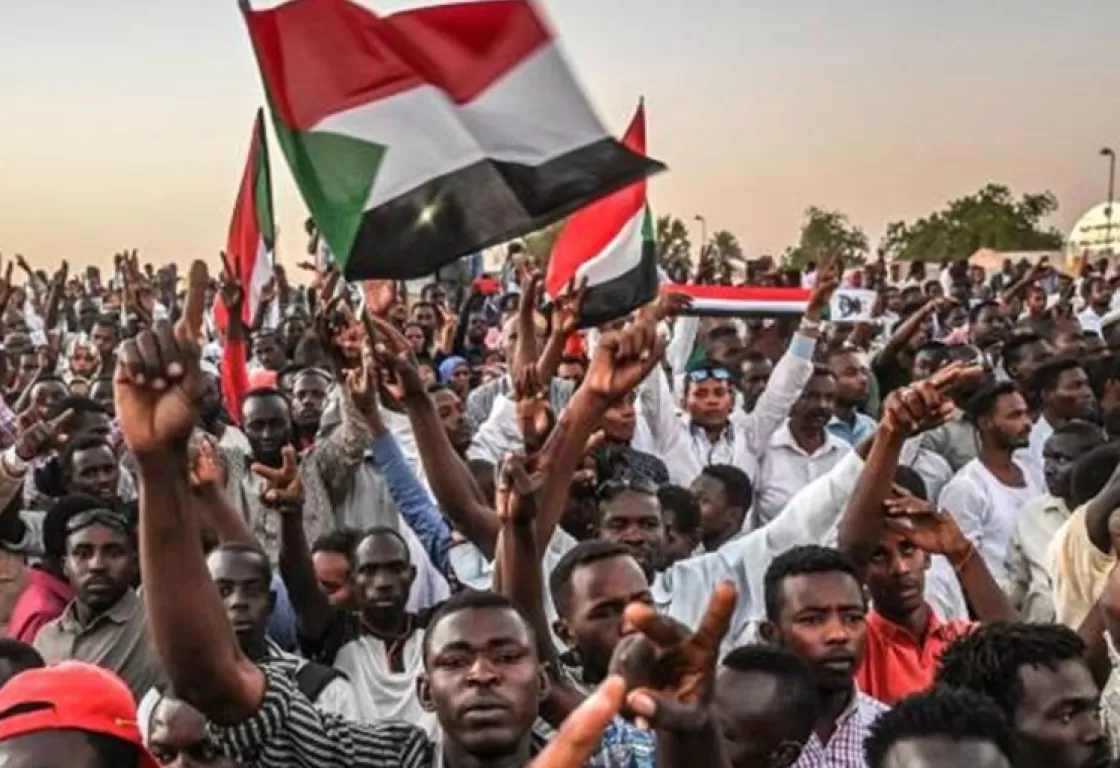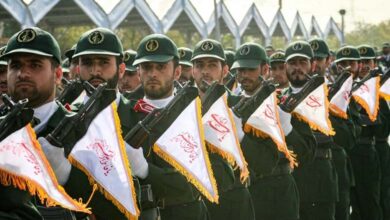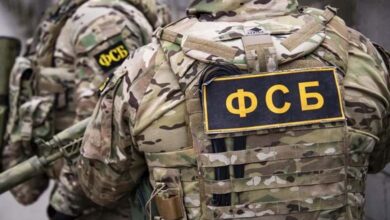Sudan Close to ‘Historic Agreement’: Civilian Government and Fate of Intelligence and Police

Amid continuing protests, Sudan is close to an imminent agreement between the military component and the Forces for Freedom and Change to end the country’s political stalemate.
Sudanese media reports predicted that an agreement between the two parties to the political crisis could be signed by the end of this week or early next week, but that it will eventually be in November.
According to the same reports, the most prominent understandings between the two parties are linked to “a fully civilian cabinet, and the subordination of the intelligence and police to the executive authority,” with the prime minister responsible for appointing the leaders of both bodies.
An agreement led by the acceptance of the “lawyers’ constitution” by both parties is imminent, with the possibility of signing a detailed agreement before the end of this year.

The military component’s acceptance of the lawyers’ constitution, and its approval of a fully civilian cabinet, broadly paved the way for this agreement, amid talk that a detailed agreement could be signed next December.
The coalition, in the name of the Forces for Freedom and Change, described the framework agreement with the military component that is expected to be signed as “going to be historic,” in order to establish full civilian authority.
The political process in the Sudan is divided into two main stages. The first stage adopts understandings between the military component and the forces of change on “the constitution and civil authority,” while the second stage will focus on developing the first agreement with the broad participation of all Sudanese forces.
In the first phase of the understandings, four key problems will be addressed related to transitional justice, security and military reform, the Juba Peace Agreement for Sudan, and the dismantling of the June 30 regime.
A quadripartite commission composed of Saudi Arabia, the UAE, the US, and Britain is behind the attempt to reach and support these understandings, known as the UN’s tripartite mechanism, the African Union, and the Sudan Peace Initiative.
The draft transitional constitution is being welcomed internationally and domestically by the military, which has expressed reservations about a number of its provisions.
However, observers believe that one of the most prominent problems that may prevent the conclusion of such an agreement is the issue of transitional justice, as the military component demands immunity to ensure that it will not be tried until the end of the transitional period.
The Sudanese Sovereign Council announced its commitment to reaching agreement with the political parties. The Vice-President of the Council, Mohamed Hamdan Dagalo, confirmed the desire of the Sudanese Sovereignty Council to reach an agreement to complete the transitional period and hold elections.












